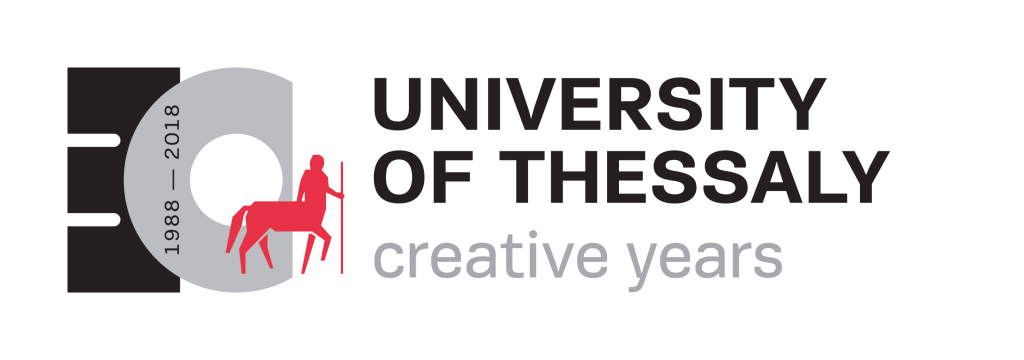ERASMUS+
Erasmus+ is the European Commission’s program for education, training, youth and sports, aimed at enhancing skills and employability as well as modernizing education, training and youth systems in all areas of Lifelong Learning. (Higher Education, Vocational Education and Training, Adult Education, School Education, Youth Activities, etc.). The Erasmus + program is structured in 3 Key Actions for education, training and youth.
The Erasmus+ Program in Higher Education is inextricably linked to the Erasmus program and subsidizes student and staff mobility in Higher Education Institutions participating in the Program. The new Erasmus+ program got its name from its predecessor because of its great recognition.
The mobility of students and staff abroad is considered very important because the benefits of moving people are many. Through mobility, students have the opportunity to develop new skills and qualifications, which contribute to their personal development. In particular, students are given the opportunity to improve their language skills, develop intercultural skills, become European Citizens, and in addition, students who move for internships can gain valuable work experience in a business / organization abroad. In addition, mobility provides an opportunity for faculty and staff to upgrade their skills, exchange good practices and gain significant experience.
The Erasmus+ program seeks to help young people interested in pursuing a full-time postgraduate course in another European Union country, and provides loans on favorable repayment terms. This opportunity is offered from the academic year 2015-2016 and students should contact their country’s banks.
It is clarified that only the Higher Education Institutions, which have been certified with the Erasmus+ University Map by the European Commission, can submit to the National Unit an application for funding for mobility activities within the framework of this Action.
IKY has been designated as the National Coordination Unit of the European Erasmus+ Program, while the International Relations / Erasmus Offices of Higher Education Institutions have taken over the management of the Program. Therefore, students should contact the Erasmus Office of their Institution in order to be informed and submit the necessary supporting documents.
Lessons offered to Incoming Erasmus Students

